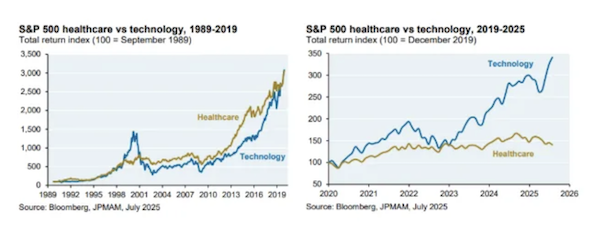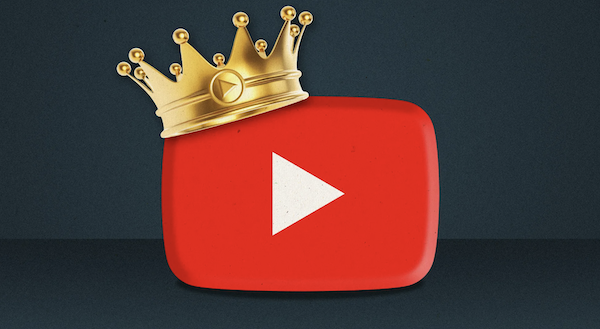Market scorecard
US stocks staged a decent comeback yesterday after an ugly open. The major indices clawed back from their lows, but the S&P 500 and the Nasdaq still ended fractionally in the red. No panic here, the Nasdaq is up 9.6% year-to-date with 20 record closes in 2025, while the S&P 500 is up 9%. A two-day breather feels more like stretching than stumbling.
In company news, Google rolled out a fresh lineup of consumer gadgets - new phones, a watch, and earbuds, which are all designed to flex its AI muscles. Elsewhere, beauty giant Estee Lauder slipped 3.7% after cutting its profit outlook for the year, citing tariff costs as an extra drag.
Here's how the markets fared, the JSE All-share closed down 0.14%, the S&P 500 fell 0.24%, and the Nasdaq was 0.67% lower.
Our 10c worth
One thing, from Paul

Shlomo Benartzi (pictured here) is a professor emeritus at UCLA, in the field of behavioural economics. He turned up some interesting insights about retail investors, noting that a minority of them have some very unusual quirks.
His first observation is that about 25% of people prefer illiquid investments because they are aware of their limited self-control. This explains why those crappy 5-year endowments still sell well, despite their horrible returns and high fees. It's the lock-in that they like.
The next finding is that about 20% of people have a problem with saving too much. Financial firms like to drone on about the need for their customers to increase their savings rate, to gather more assets. It's often assumed that humans like buying things for instant gratification, but it turns out that one-fifth of adults prefer waiting. Spending money makes them anxious and stressed.
Finally, he found that not everyone hates losses. Kahneman and Tversky coined the term "loss aversion" to describe how losses tend to hurt twice as much as the equivalent gains feels good. But that's only true of about 70% of people. The rest treat losses and gains similarly, including a final 10% of people who are relentless, gain-seeking gamblers who feel feathers about the odd wipeout.
Haha, I like this. If you are a Vestact client, and you feel we've been misreading your personality type, let us know.
Byron's beats

Healthcare is a theme we like to invest in. Between Stryker, Amgen, and Eli Lilly, our portfolios usually have around 10-15% exposure to the sector. Unfortunately, it hasn't performed very well lately, over the last 5 years, the healthcare sector has floated sideways.
I was interested to see these two comparative graphs, which shows healthcare (yellow) versus technology (blue) between 1989 and 2019 (left) and then between 2019 and 2025 (right). As you can see, from 1989, tech and healthcare track each other higher for 30 years. The big difference comes from 2019.
We shouldn't be too upset about this outcome, the large majority of our accounts are exposed to tech. But I do think that healthcare is a sleeping giant that is due for some good returns. Demand is increasing as populations age and people get richer. The quality of the services offered, be it drugs, devices, or means of diagnosis, is certainly improving. We remain patient and happy to be exposed to healthcare for many years to come.
Bright's banter

The usual suspects want to own the Oscars and they are Disney's ABC (the longtime host), NBCUniversal (hungry for live events), Netflix (being Netflix), Amazon (spending like there's no tomorrow), and CBS (still nursing the loss of the Grammys).
But here's an outlier. . . YouTube. Once written off as a pirate's playground, the streaming platform now wants Hollywood's biggest night. Fresh off buying NFL Sunday Ticket, YouTube is eyeing the Academy Awards.
Would it happen? Not soon. ABC holds the rights until at least 2028, and rivals bring something YouTube doesn't: movie studios and traditional TV. Still, shifting the Oscars to the world's biggest video platform would be a thunderclap in an industry struggling for relevance.
The message would be simple: Hollywood no longer lives on TV. It lives on YouTube.
Linkfest, lap it up
ChatGPT-5 is here. The crazy part is that it's free for everyone - What's new.
The human anatomy is interesting. Bone technology is particularly fascinating - How coral plays a role in modern bone grafts.
Signing off
Asian markets are mostly in the green this morning, with benchmarks climbing in Australia, Hong Kong, India, mainland China, South Korea, and Taiwan. Japan was the outlier, slipping another 0.5% as it extended yesterday's losses.
In local company news, Investec has kicked off a R2.5 billion share buyback programme. Meanwhile, Nepi Rockcastle reported that its property portfolio has topped EUR8 billion. The group also raised its full-year guidance on the back of strong performance in its Eastern Europe business.
US equity futures are marginally higher pre-market. The Rand is trading at around R17.70 to the US Dollar.
The smell of spring is in the air. Get outside and enjoy it.